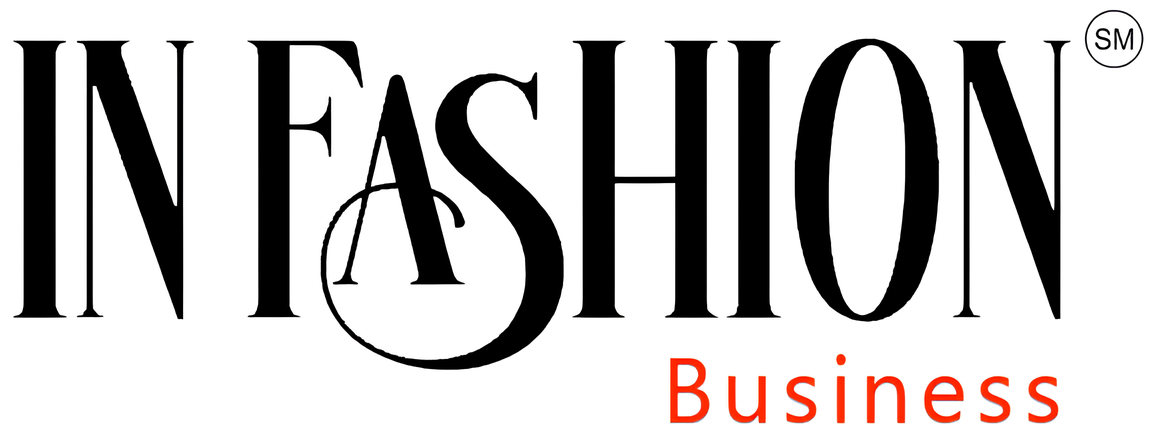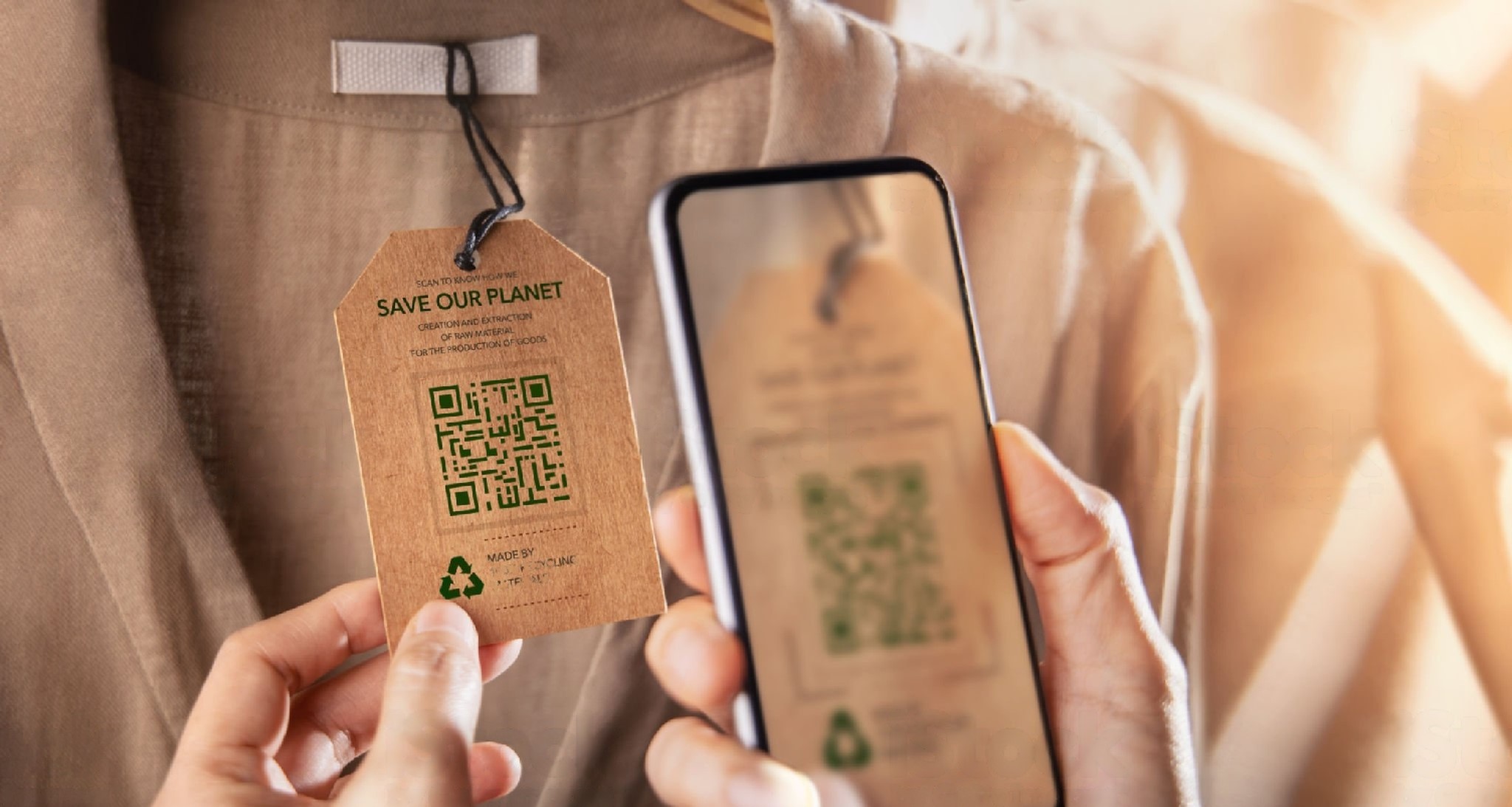SUSTAINABILITY NATIONAL
MUMBAI, MAHARASHTRA, INDIA
May 9, 2023 | 1773 15 minutes read
By Divya Rishi, Co-Founder, IndoWeave Textiles
Today, one cannot ignore the aspect of climate change or climate crisis when addressing a topic. Sustainability, an overused term, is the zeitgeist and transcends every aspect of our lives. I have been keen to explore the why, what, where and who of sustainability in fashion business. I mean the overall textile industry but since fashion and particularly fast fashion comprises the biggest chunk of the textile business worldwide, we would focus on the elephant in the room – the environment conscious room, to be precise.
Introduction
The fashion industry is one of the largest industries in the world, with an annual global revenue of over $2.5 trillion. It is also a known fact that the industry is also one of the most polluting and resource-intensive industries, with significant environmental and social impacts. Clothing production doubled between 2000 and 2015, while the life span of garments shrank. Some clothes are discarded after only 7 to 10 wears, according to the Ellen MacArthur Foundation. The fashion industry is responsible for a large percentage of global carbon emissions, water consumption, and waste generation.
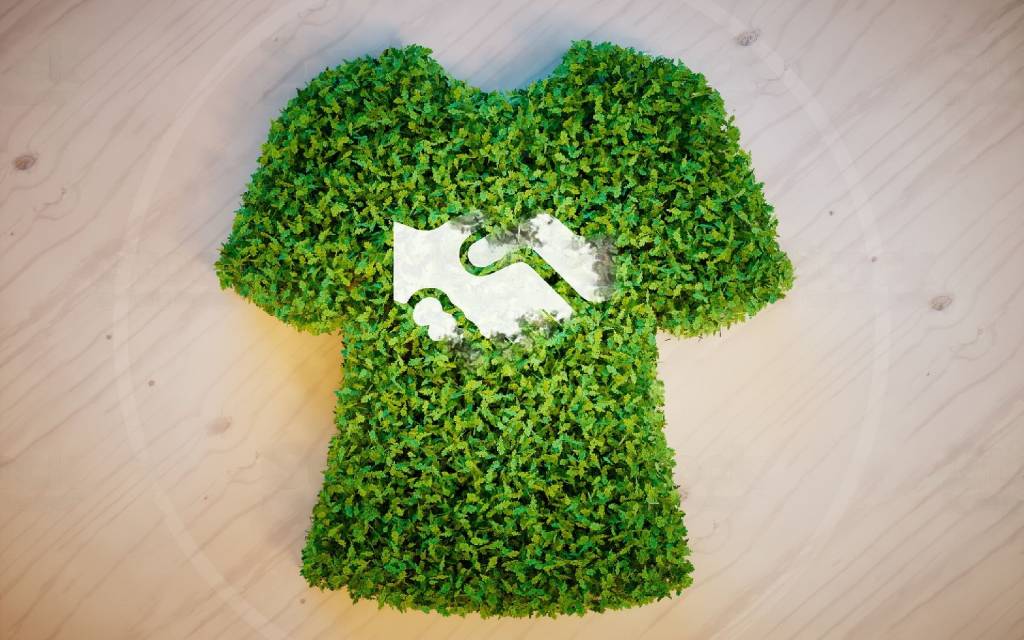
Consumers, capitalism, and climate are interwoven in a fragile manner and have invariably influenced the fashion business. Over the past years, it is not just pantones, contours of high fashion creativity and consumer preferences that have influenced board room discussions but there has been a steady shift in consumer behaviour focusing on ethical practices, transparency, and environment consciousness that has become pivotal in winning consumer’s trust. Consumer loyalty is a thing of the past and more focus is on earning the trust of the consumers, that will give brands better returns. According to several report and articles, it has come to light that many brands believe that they need sustainable business development and innovation support. For brands to pivot into something like this means thoughtful and well-planned implementation and to be cautious not to tread the greenwashing path.
Governments and international organizations are promoting sustainable practices in the fashion industry. The United Nations Sustainable Development Goals (SDGs) include a goal to promote sustainable consumption and production patterns, which includes promoting sustainable fashion. The European Union has launched a Circular Economy Action Plan, which aims to reduce waste and promote the reuse and recycling of materials in the fashion industry.
Some governments are also implementing regulations and incentives to encourage sustainable practices in the fashion industry. For example, France has passed a law that requires large fashion brands to recycle or reuse unsold items instead of destroying them. The UK has launched a voluntary Sustainable Clothing Action Plan, which encourages brands to reduce waste and carbon emissions throughout their supply chain.
The business of fashion is not just fashion. Brands are implementing sustainability in its unfiltered form by applying the principles to every aspect of business, from the input raw materials, recycling, and upcycling products to manufacturing processes and focusing on circularity models of business. This is largely aided and impelled by use of technology.
What in Sustainability
Sustainable materials:
Sustainable materials are materials that are produced using environmentally friendly processes and have a negligible or less impact on the environment. Examples of sustainable materials used in the fashion industry include organic cotton, recycled polyester, and lyocell. These materials are known to be more sustainable than traditional materials because they use less water, energy, and chemicals in their production. They also have a lower environmental impact, such as reducing greenhouse gas emissions and reducing waste.

Sustainable production processes:
Sustainable production processes in the fashion industry involve reducing the environmental impact of production while promoting social welfare. This can be achieved by using renewable energy, reducing water consumption, and minimizing waste. Sustainable production processes also involve ensuring that workers are treated fairly and that their working conditions are safe and healthy. This involves promoting fair labour practices, ensuring that workers are paid a living wage, and eliminating child labour and forced labour.
Sustainable consumption patterns:
Sustainable consumption patterns involve encouraging consumers to purchase products that are environmentally friendly and socially responsible. This can be achieved by promoting the use of sustainable materials, providing information about the environmental and social impacts of products, and promoting recycling and reusing products. Sustainable consumption patterns also involve promoting the use of products that are durable and long-lasting, rather than disposable and short-lived. It also means promoting slow fashion, thereby, reducing resource consumption.
Technology implications
The fashion industry has been undergoing significant technological and innovative advancements in recent years, and these developments have played a crucial role in promoting sustainability in the industry. Technology is also playing an important role in promoting circularity to reduce the burden on the use of raw materials like cotton, leather, silk and linen.

The evolution of impact of technology can be traced to the time when alternatives of cotton which is a resource intensive crop were being developed. This along with industrialisation gave birth to polyester, nylon and thus, began the journey of fashion. Plastic or polyester, an inexpensive and complimentary product became a fashion favourite. Then, of course, came the problem of overproduction, wastage, burdening of landfills and oceans. Better agricultural techniques brought cotton back into the picture of high fashion with BCI and organic cotton.
The tussle between natural and man-made fibres is an old one and continuous improvements are being made on both fronts to reduce emissions and use of natural resources.
One such technological advancement is also plastic recycling to promote circularity and only recently Reliance Industries has introduced recycled polyester fibres which will decompose in three years. These techniques will prove to be helpful to fight the climate crisis.
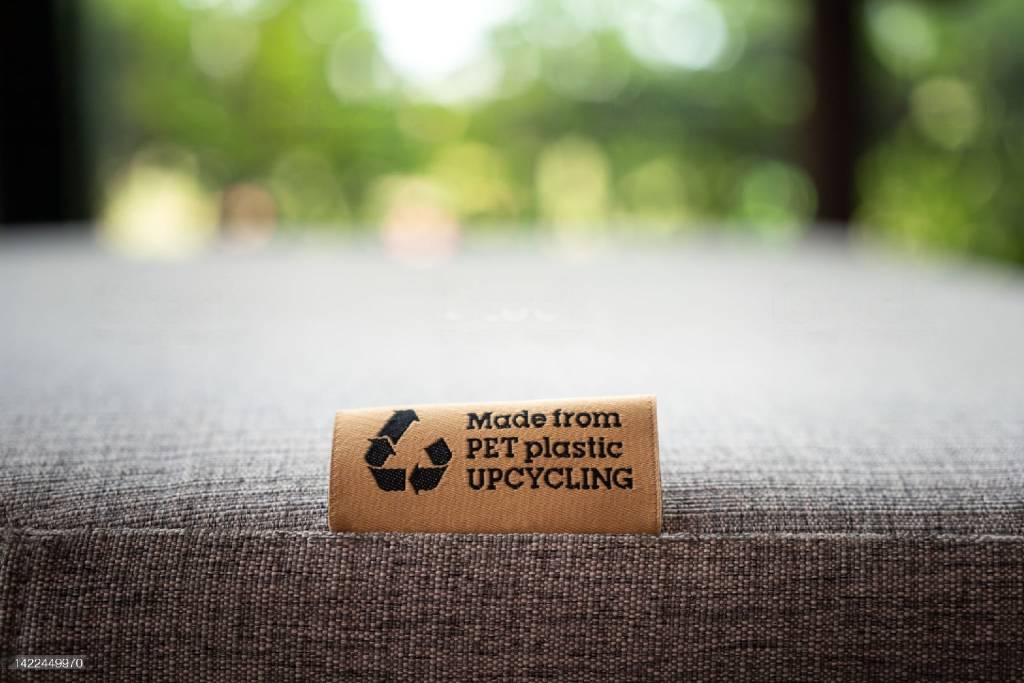
Another technological advancement that contributed to sustainable fashion practices in the past was the development of digital printing technology. Digital printing allows for greater precision and efficiency in textile printing, reducing waste and the use of harmful chemicals in the dyeing process.
Today, the fashion industry is embracing technological and innovative advancements to promote sustainability in every aspect of its operations. One of the most significant advancements is the use of 3D printing technology, which allows for the creation of complex shapes and designs without generating waste. This technology also enables brands to create customized clothing and accessories, reducing overproduction and waste.
A significant advancement in sustainable fashion is the use of innovative materials like mushroom leather, recycled plastic, hemp, agro waste textiles, and vegan silk. These materials are often biodegradable, non-toxic, and produced with minimal environmental impact. An advancement on the horizon is the use of biotechnology to create sustainable materials like lab-grown leather and spider silk. These materials are produced using sustainable and ethical methods, and they can be customized to meet specific design and performance requirements.

Well established brands like Zara, H&M, Stella McCartney, Adidas, Nike have embraced these materials, using them in their products to promote sustainability and reduce their environmental footprint. In India, sustainable fashion has seen emergence of home-grown boutique fashion brands like Maatie, No nasties, B Label promoting environment conscious and slow fashion. From the big ones, there is of course Aditya Birla Group promoting EcoVera in India and KG Fabrics, denim manufacturer from Coimbatore leading efforts in reducing water consumption in manufacturing of denim fabrics.
The use of blockchain technology to promote transparency and accountability in the supply chain is proving to improve accountability and responsibility. Blockchain allows for the tracking of materials and products from their source to their final destination, ensuring that they are produced and transported in an ethical and sustainable manner.
Looking ahead, technological and innovative advancements will continue to play a critical role in promoting sustainability in the fashion industry. One exciting development is the use of artificial intelligence (AI) to optimize manufacturing processes and reduce waste. AI can help brands to predict demand, optimize production schedules, and reduce overproduction, leading to more sustainable operations.
In the future, we can also expect to see more brands embrace circular fashion practices, which prioritize reuse and recycling over disposal. Brands like Patagonia and H&M have already launched programs that allow consumers to recycle their clothing, and we can expect to see more brands adopt similar initiatives in the future.
Less bad Textiles to Sustainability Champions
A report published by Bain & Company with WWF Italy in 2022 throws light on the consumer behaviour and attitude gap in purchase decisions pertaining to sustainability. The report found out that it is not just manufacturing and disposals that is a problem with the fashion business but it is also lack of awareness and knowledge creating a barrier in buying. This behaviour is supported by statistics that that approximately 65 percent of fashion consumers care about the environment, but only some regularly prioritize sustainability in their shopping. The report also throws interesting data points on the priority of parameters in buying decision wherein quality and durability top the charts. This is important as it fuels the need for slow fashion, circularity and in the end sustainability.
Top 7 things that brands must do to encourage sustainable buying behaviour amongst their consumer personas include –Knowledge sharing at the retail level so even a layman can understand the process and impact of his/her buying decision. Eco labelling without a marketing gimmick can be a good starter.
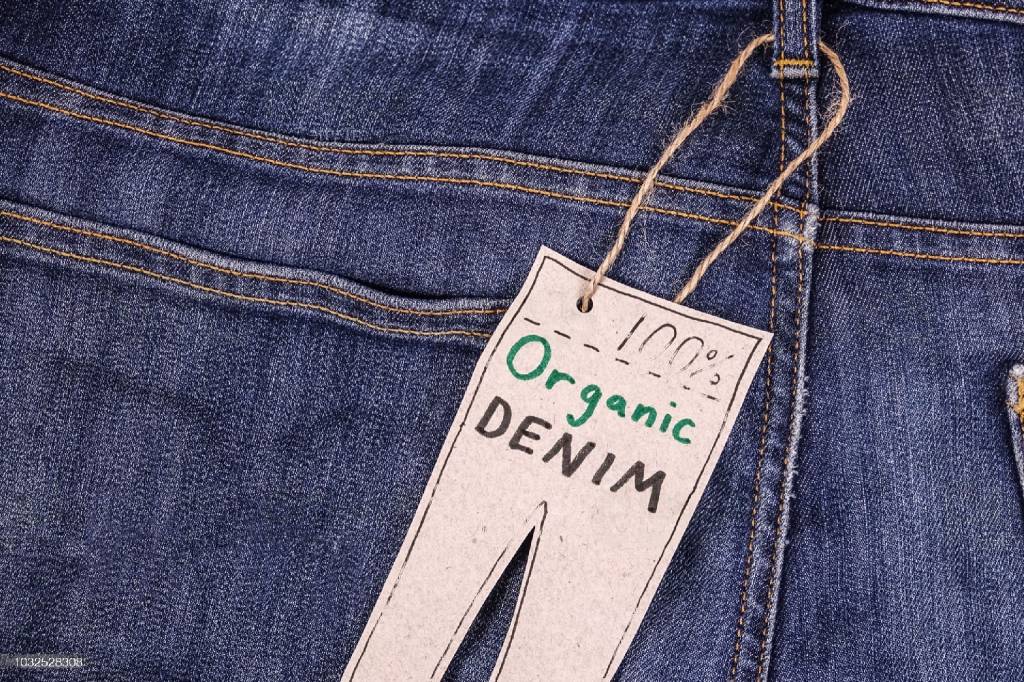
- A- Creating sustainability champions/influencers to encourage a ripple effect amongst consumers.
- B- Focusing on longevity of products to improve shelf life and thereby, reduce the burden on landfills.
- C- Actively use materials and offer programs that promote circularity.
- D-Making sustainable fashion options more accessible to remove the barrier of unavailability.
- E-Brands can collaborate with other brands, industry organizations, and stakeholders to drive sustainability initiatives.
- F-Collaboration can help to drive innovation and create scalable solutions to sustainability challenges.
- G- Brands can switch to renewable energy sources to power their operations, such as solar or wind energy. This can help to reduce the brand's carbon footprint and promote renewable energy use.
.jpg) |
 (1).jpg) |
Sustainability is becoming increasingly important in the fashion industry, as consumers and stakeholders demand more environmentally and socially responsible practices. Sustainable fashion brands are leading the way by prioritizing sustainability in every aspect of their business, from sourcing materials to manufacturing to shipping and packaging.
Traditional fashion brands are also starting to adopt more sustainable practices, driven by consumer demand and a desire to reduce costs and improve efficiency. Governments and international organizations are also promoting sustainable practices in the fashion industry through regulations and incentives. The future of the fashion industry will be shaped by these trends, as sustainability becomes an increasingly important part of the industry's culture and identity.
 |
Divya Rishi, Co-Founder, IndoWeave Textiles
Passionate about skill development and environment conservation, Divya has always been keen on exploring ways to reduce the use of plastic by recycling it and reducing the burden on landfills and oceans. Owing to her family’s erstwhile business in textile printing and dyeing, Divya admits that she has inherited her father’s enthusiasm for the sector and decided to sow seeds for a sustainable and professionally managed textile unit. After working on several CSR and environment-related brand marketing and communication projects that affirmed her passion for adopting sustainable practices in business, she set out to start her entrepreneurial journey with Raghav Maheshwary. The company works with an aim to inspire, innovate, and create designs for leading textile and fashion brands around the world. Divya has been instrumental in creating the digital footprint of the company and creating environment conscious product portfolio at IndoWeave. |
Indo Weave Textiles IndoWeave is a manufacturing and marketing specialist of r-PET, linen fabrics and linen blended fabrics. Our uniqueness is in blending traditional weaves with trendsetting dobby designs and patterns using custom crafted yarn. Today, we have the largest number of designs and we continue to build our portfolio with new environment friendly additions like hemp, r-PET and recycled cotton. We are inspired to create innovative dobby designs that resonate with the cosmopolitan and new-age consumer desiring style woven with elegance and comfort. We have been successful in creating superior quality fabrics at affordable prices keeping quality as the cornerstone of our production and service.


